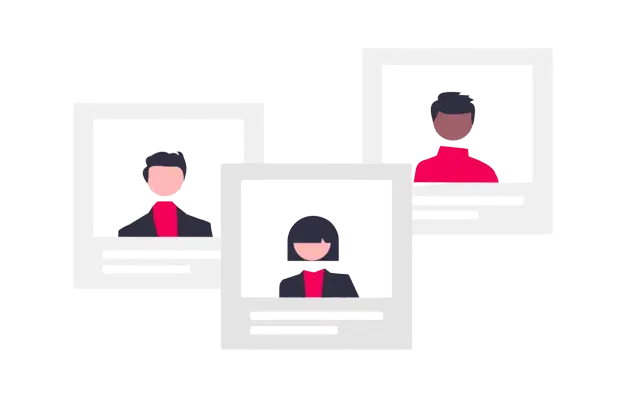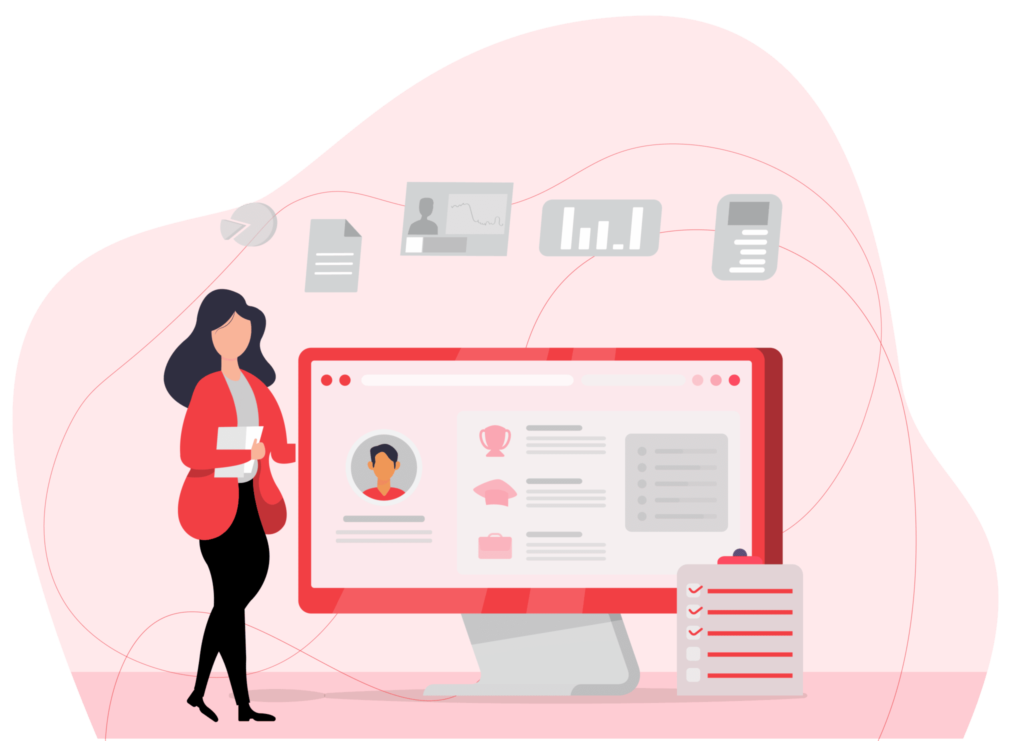Overview of Cognitive Bias in Hiring Test
This test aim to provide objective insights into the way employers make hiring decisions and help identify potential biases related to factors such as race, gender, age, and educational background, among others.
Skills measured
- Stereotyping
- Confirmation Bias
- Halo Effect
- Anchoring Bias
- Groupthink
- Affinity bias
- Prestige bias
- Impression bias
- Appearance bias



